Daoism is China's indigenous traditional religion; its name stems from 'Dao' being its highest object of faith.
The core of its belief is that by engaging in a process of Cultivation and Refinement, man can attain to a state of Immortality.
Daoist religion reveres Laozi as its Founder; its primary scripture is Laozi's Book of Dao and its Virtue.
Daoism has formed itself gradually over the ages, building upon the ancient Chinese worship of Heaven and Ancestors as its foundation, taking Daoist philosophy as its primary ideological source, absorbing concepts from the Yin-Yang, Mohist, Confucianist and Legalist schools, and adhering to the essential path of cultivation of the Magic and Immortality and Huang-Lao traditions.
Since its formation in the middle of the Eastern Han dynasty (25 - 220 AD), Daoist religion has undergone phases of formation, reform, flourishing and development, division into sects, and gradual decline, over a period of almost two thousand years.
Over the course of its long history of development, it has exercised a deep influence on Chinese government, economy, philosophy, literature, art, music, chemistry, medicine, health cultivation, breathing arts, and gymnastics, as well as China's ethnic relations, ethnic psychology and social customs.
Daoism has also accumulated a large quantity of scriptures and documents, temples and monuments, and sculptures and stone inscriptions, adding to the cultural treasury of the Chinese people and making significant contributions to the progress of human civilization.
Author: Jiang Sheng


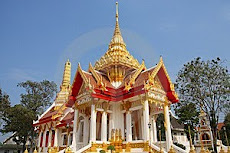






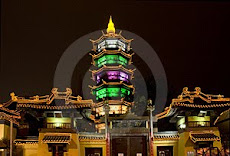
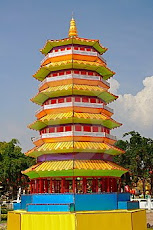



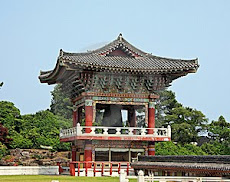
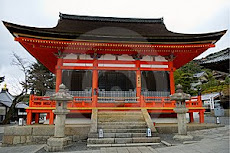





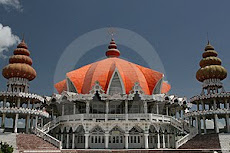

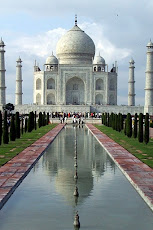

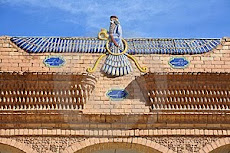




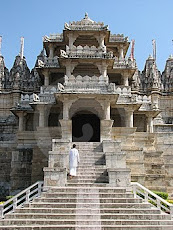






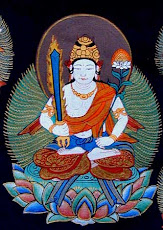







No comments:
Post a Comment